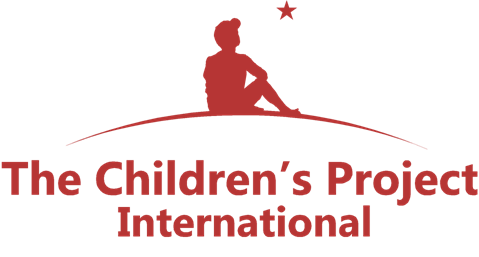TCWCT Accelerating Action for Safe Sanitation and Hygiene: World Toilet Day
World Toilet Day reminds us of the critical importance of safe sanitation in ensuring health, dignity, and well-being for all. Observed on November 19, the day underscores the urgent need to achieve Sustainable Development Goal 6 (SDG 6), which envisions safe water and sanitation for all by 2030. However, the reality is sobering—3.5 billion people still lack access to safely managed sanitation, and 419 million continue to practice open defecation. This staggering inequality demands immediate, collective action to secure a fairer, healthier world.
The Children's Welfare Charitable Trust (TCWCT), the Organization’s mission aligns closely with the global goals outlined in the 2030 Agenda for Sustainable Development. Through our Water, Sanitation, and Hygiene (WASH) programs, the Organization aims to bring sustainable, impactful solutions to underserved communities. Our initiatives focus on fostering healthy environments, empowering children, and enabling long-term behavior change to achieve universal access to safe sanitation.
The Organization’s WASH in Schools program, TCWCT addresses these pressing challenges by creating hygienic and safe environments in government schools and Anganwadis. By improving sanitation infrastructure, ensuring access to clean drinking water, and promoting hygienic practices, we aim to remove barriers that hinder children’s education and well-being.
Our efforts include interactive workshops in schools designed to educate students on critical aspects of hygiene, including proper handwashing techniques, the importance of using toilets, and maintaining personal cleanliness. These sessions help instill lifelong habits that contribute to improved health and foster a culture of hygiene within families and communities.
In addition to education, TCWCT organizes school cleanliness drives, engaging students, teachers, and community members in maintaining clean and safe environments. These drives inspire active participation, instill responsibility, and promote collective action in creating sustainable change. Waste management systems are also introduced in schools, with a focus on waste segregation and sustainable practices that protect both human health and the environment.
Recognizing the importance of partnerships in achieving lasting impact, TCWCT collaborates with the Nagar Prathmik Shikshan Samiti (NPSS) and the Integrated Child Development Scheme (ICDS). These partnerships amplify the reach and sustainability of our programs, creating a ripple effect of awareness and advocacy in communities where access to sanitation has historically been limited.
World Toilet Day is a reminder of the immense work needed to address the global sanitation crisis. At TCWCT, we reaffirm our dedication to this mission by accelerating WASH initiatives, driving behavior change, and collaborating with diverse stakeholders. Our vision is clear—a future where no child is held back by the lack of basic sanitation, and every community has the resources and knowledge to build a healthier, more dignified life.

